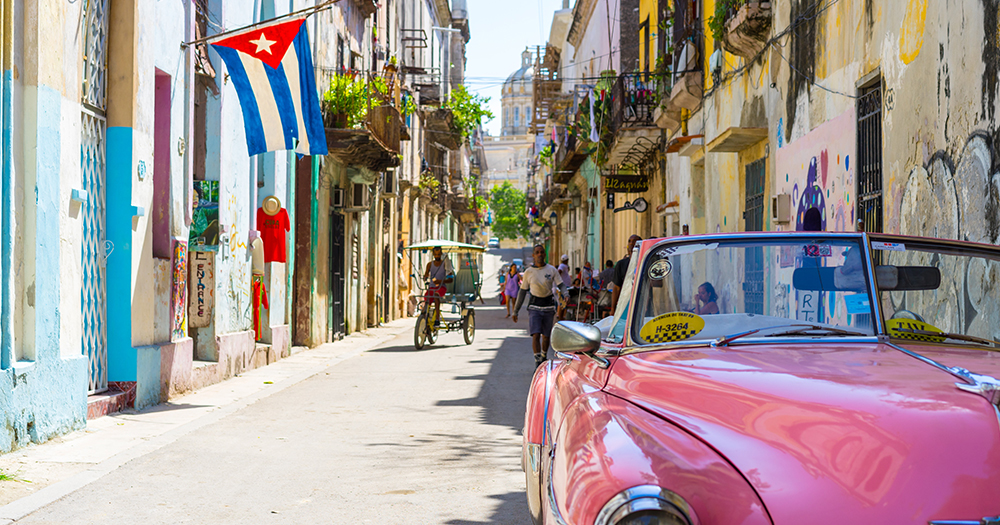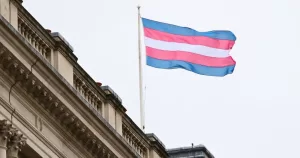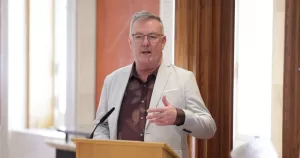Ramses and Dunia, a couple who are both trans got married Tuesday, July 19 in Havana, Cuba.
The couple were able to get married as the genders on their identity documents do not match the gender they identify as. The Cuban National Centre for Sex Education (CENESEX) advised the couple on legal issues and worries they had about their marriage.
“This legal act doesn’t violate Cuban law because it’s about two people whose legally registered gender is female and male, even though that’s incoherent with the gender identities of Ramses and Dunia,” said a spokesperson of CENESEX.
CENESEX explained that there was no legal requirement for Ramses and Dunia to dress according to the gender on their identification documents.
Havana, the capital of Cuba has become more and more popular as an LGBT+ travel destination especially among US travellers, despite the island’s progress regarding issues such as trans healthcare, the country still has progress to make regarding LGBT+ civil and social issues.
In a case study on trans healthcare in Cuba by Dr Emily J. Kirk, a research fellow and Robert Huish, an associate professor at Dalhousie University, outlines that Cuba takes a health-based approach to trans issues. This means that while LGBT+ healthcare has had major advances such as free sex reassignment surgery for trans people, the country still lags behind on LGBT+ social issues such as marriage equality. The case study outlines that this health-based approach could be successful in breaking down stigma and paving the way for social issues.
CENESEX advocates for LGBT+ rights in Cuba and their work means that since 2008 qualifying trans-Cubans have been able to receive free sex reassignment surgeries. Ramses and Dunia are both on the waiting list.
Following Fidel Castro’s 1959 communist revolution LGBT+ people faced harassment or in some cases were sent to labour camps. The major push towards LGBT+ rights legally and in healthcare has largely been led by the head of CENESEX, Mariela Castro who is the niece of revolutionary Castro.
Until 2019 article 36 of the Cuban constitution defined marriage as being between a man and a woman. Despite the article being repealed in a referendum in 2019 and the constitution’s language around marriage no longer referencing gender, statutory laws still prohibit same-sex marriage in the country. During the referendum, many Cubans alongside the growing evangelical church were strongly opposed to the changes as part of constitutional reform. The public spoke against the new definition of marriage at open consultations.
Although same-sex marriage is not yet legal, it is hoped that the constitutional changes have removed one of the barriers to marriage equality despite public backlash.
Reports of Ramses and Dunia, a trans couple getting married appears to indicate Cuba’s liberal attitudes towards LGBT+ people. However, there is a major disparity between the medical and legal progress of LGBT+ rights and the cultural and social changes that are lagging behind in Cuba.
© 2019 GCN (Gay Community News). All rights reserved.
Support GCN
GCN is a free, vital resource for Ireland’s LGBTQ+ community since 1988.
GCN is a trading name of National LGBT Federation CLG, a registered charity - Charity Number: 20034580.
GCN relies on the generous support of the community and allies to sustain the crucial work that we do. Producing GCN is costly, and, in an industry which has been hugely impacted by rising costs, we need your support to help sustain and grow this vital resource.
Supporting GCN for as little as €1.99 per month will help us continue our work as Ireland’s free, independent LGBTQ+ media.



